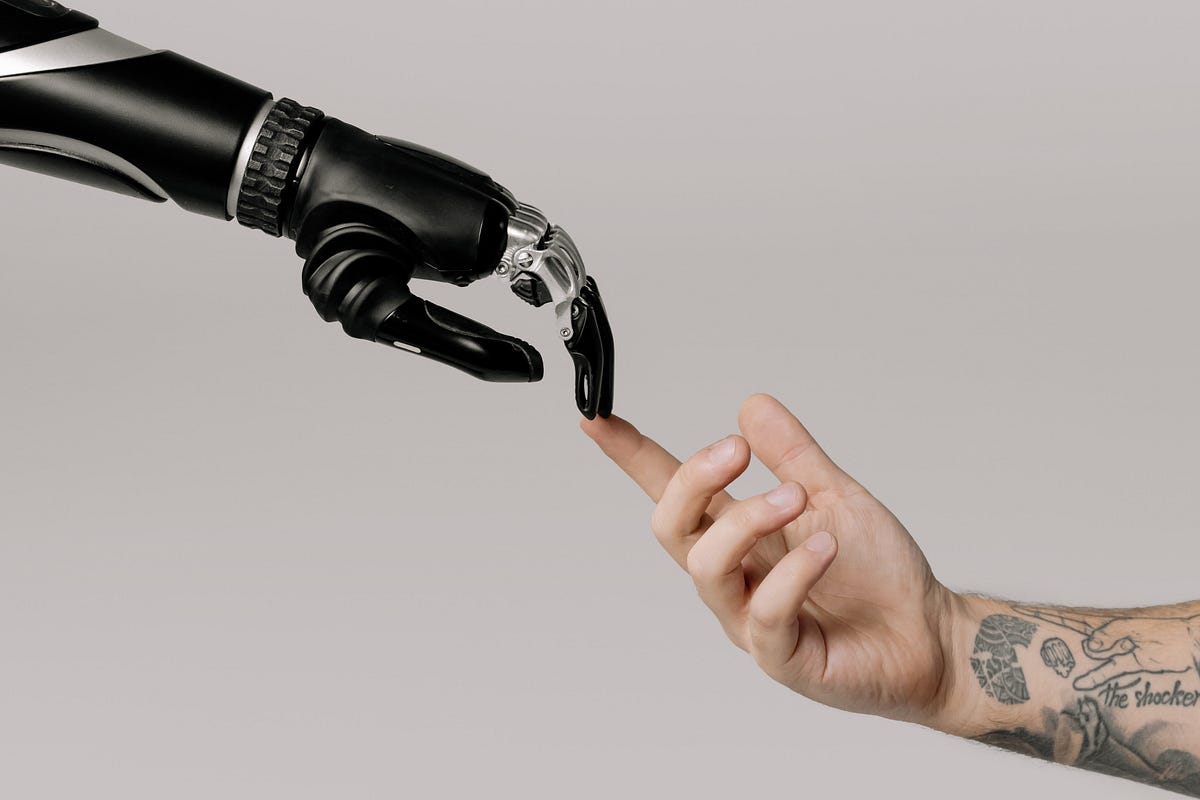Michael Goldwin Glenolden, PA, resident, holds master's degrees in prosthetics and orthotics from Newington Certificate Program. As a certified prosthetist and orthotist for Hanger Clinic in Philadephia, Michael Goldwin Glenolden, PA, fits and designs artificial limbs for patients. Additionally, he remains interested in cutting-edge technologies, such as microprocessor control knees and feet.
MPKs, or microprocessor knees, are high-tech prosthetic knee joints that improve mobility and functionality for individuals with limb loss or difference. Equipped with sensors and microprocessors, MPK gathers data on knee movements and timing and automatically adjusts itself to provide greater flexibility and prevent falls in case of stumbles.
A critical distinction between MPKs and mechanical prosthetic knees is the operation mechanism. MPKs use computers and sensors to adapt to users' walking patterns. Conversely, mechanical knees rely on tools like hydraulics, friction, or pneumatics, which utilize fluids, surface interaction, and compressed air or gas to control movement or support artificial limbs. MPKs are especially helpful for those with bilateral leg loss, as they can adjust seamlessly, enhancing user safety.
Prospective users of MPKs should understand that these artificial knees tend to be heavier than other prosthetic knee options. Additionally, they require regular monitoring and recharging of their power source. Thus, individuals should research their options.





